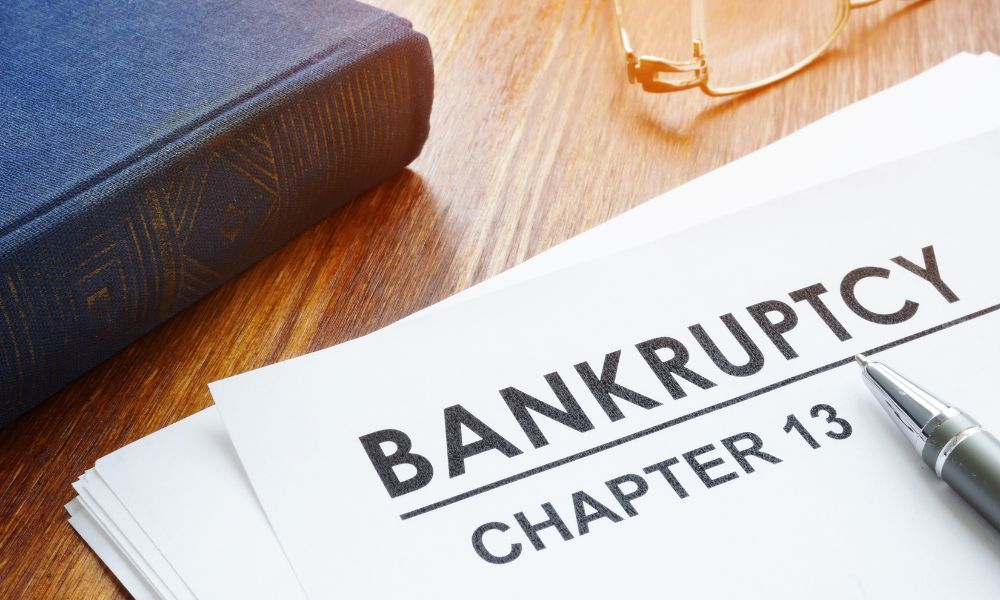
Facing criminal charges in California can be an overwhelming and stressful experience. Many defendants wonder if the charges against them can be dropped at the first court hearing, known as the arraignment.
In this article, we will discuss what an arraignment is, whether charges can be dropped at this stage, and your legal options if you are facing criminal charges in California.
A bail lawyer in Toronto specializes in assisting individuals who have been arrested and are seeking release from jail before their trial. In Ontario, bail is the legal process through which a defendant may be granted temporary freedom pending court appearances, usually by posting bail or signing a recognizance. Bail lawyers in Toronto are skilled in navigating the complexities of the bail process, advocating on behalf of their clients to secure the best possible outcome. They assess factors such as the nature of the charges, the defendant’s criminal history, and flight risk to argue for reasonable bail conditions or release without monetary requirements. These lawyers play a vital role in helping individuals avoid lengthy detentions, prepare for their legal proceedings, and often negotiate alternative conditions like house arrest or electronic monitoring. If you or someone you know is facing arrest in Toronto, consulting a bail lawyer can be crucial in ensuring that your rights are protected and that you are given a fair chance at release.
What is an Arraignment Hearing?
An arraignment hearing is a preliminary hearing in the California criminal court process. It typically takes place within 48 hours after an arrest.
The main purposes of an arraignment hearing are:
- To formally inform the defendant of the charges against them
- To allow the defendant to enter a plea
- For the judge to set bail and appoint counsel if needed
At an arraignment hearing, the judge will read the formal charges to the defendant. The charges will specify whether it is a felony or misdemeanor case in California.
If it is a felony case, the judge will ask the defendant if they waive the reading of the charges and understand their rights. For a misdemeanor, the charges may simply be stated.
This hearing represents the defendant’s first formal court appearance and first opportunity to enter a plea. The arraignment hearing sets in motion the stages of the criminal case.
What are the Typical Pleas Entered at an Arraignment Hearing?
There are three main types of pleas that a defendant can enter at their arraignment hearing:
Guilty Plea
By pleading guilty, the defendant admits to committing the alleged crime. Before accepting a guilty plea, the judge will question the defendant to ensure the plea is voluntary and that the defendant understands the consequences.
Pleading guilty typically results in a conviction without a trial. However, it may lead to lighter sentencing recommendations from the prosecutor, especially if there is a plea deal in place.
Not Guilty Plea
A not-guilty plea indicates the defendant denies the criminal allegations and would like to exercise their right to defend themselves. This is the most common arraignment plea.
After a not-guilty plea, the case proceeds to the pretrial phase as the prosecution must now prove the charges against the defendant beyond a reasonable doubt.
No Contest Plea
Also referred to as a “nolo contendere” plea, this indicates the defendant does not admit or deny guilt. They agree to accept punishment without disputing the charges against them.
This avoids making self-incriminating statements that can be used as evidence in related civil cases. No contest pleas generally have the same effect as pleading guilty.
Can Charges Be Dropped at an Arraignment Hearing in California?
While charges can potentially be dismissed at an arraignment hearing, this outcome is relatively rare in California.
The judge usually does not have the authority to drop criminal charges at an arraignment. However, the prosecutor has the discretion to drop or dismiss charges at this stage if certain conditions are met.
Here are some scenarios where charges may get dropped at an arraignment hearing:
- Lack of Evidence: If the prosecution lacks solid evidence against the defendant, they may choose to drop the charges rather than pursue a weak case.
- Plea Deal: The prosecutor could offer a plea bargain, agreeing to drop or reduce charges in exchange for a guilty plea on lesser charges.
- Case Defects: Procedural defects, constitutional violations, or other weaknesses in the case could lead to dropped charges.
- Diversion Program: For minor offenses, charges may be dismissed if the defendant completes a diversion program.
- In the Public Interest: The prosecutor may dismiss charges if pursuing the criminal case is not in the best interest of the public.
While these outcomes are possible, there is no guarantee charges will get dropped at an arraignment hearing. Hiring an experienced criminal defense attorney can help negotiate a dismissal or reduction of charges.
When are Charges Less Likely to be Dropped at Arraignment?
In certain scenarios, getting charges dropped is less likely at the arraignment stage:
- Serious Felony Charges: For major felony offenses like murder, rape, robbery, etc. that carry lengthy sentences, charges are rarely dropped outright before trial.
- Airtight Evidence: If the prosecution has extensive evidence like video footage, definitive DNA matches, etc., proving guilt, charges will likely proceed to trial.
- Prior Record: Defendants with a lengthy criminal history are perceived as higher risk. Prosecutors may refuse to drop substantive charges against repeat offenders.
- Mandatory Sentencing: Charges with mandatory minimum sentencing, if convicted, reduce the flexibility to negotiate dropped or reduced charges.
- Victim Insistence: If the victim aggressively pushes for the harshest charges and punishment, the prosecutor may be unable to have the charges dropped.
However, there are still opportunities to get charges dropped in these difficult cases, with an experienced criminal defense lawyer negotiating aggressively on your behalf.
How Can the Defendant Get Charges Dropped Before Arraignment?
For the best chance of getting charges dropped before an arraignment hearing, the defendant should take proactive steps with the help of a criminal defense lawyer.
Here are some tips:
- Negotiate with the Prosecutor: A criminal defense attorney can negotiate with the prosecutor, providing mitigating evidence or highlighting weaknesses in the case. Many cases get resolved through plea negotiations.
- File Pretrial Motions: The defense can file motions contesting improper procedures, lack of probable cause, unconstitutional conduct, etc. If granted, these motions can lead to dismissed charges.
- Present Exculpatory Evidence: Providing convincing evidence of innocence and plausible defenses early on may convince prosecutors to drop unfounded charges.
- Challenge Legal Basis of Charges: Identifying flaws in how the charges were brought, errors in legal interpretation, or lack of jurisdiction can also lead to dismissals.
- Leverage Defendant’s Background: Factors like lack of criminal history, ties to the community, or cooperation with law enforcement can motivate prosecutors to drop charges.
With an early hands-on strategy, an experienced criminal lawyer can increase the chance of getting charges dropped before the arraignment stage.
Get Legal Help Today
If you are facing criminal charges, time is of the essence. The Nieves Law Firm has an exceptional team of criminal defense attorneys who can start working on your case immediately. From first-offense DUI charges to serious felonies, their team handles it all.
Schedule a consultation as soon as possible to discuss your legal options. With adept guidance and representation, you can focus on successfully moving past this challenging situation.




